Compared to the 2016 Press Law, the draft revised law retains the content of 6 articles, amends 41 articles, removes 6 articles and adds 4 new articles. The draft has many important new points of a breakthrough nature.
The draft law stipulates principles on operating models, press economics, and expands operating space to develop the press in the context of streamlining the political system's organizational apparatus, meeting information and propaganda requirements in the new era.
Specifically, the draft Law on Press (amended) supplements regulations on the model of key multimedia media agencies; press agencies and radio and television broadcasting.
According to the draft, a key multimedia media agency is a press agency with many types of press, affiliated press agencies, with a specific financial mechanism according to Government regulations; established in accordance with the press system development and management strategy approved by the Prime Minister .
Newspapers, radio and television agencies are press agencies under provincial and municipal party committees, with many types of press and press products.
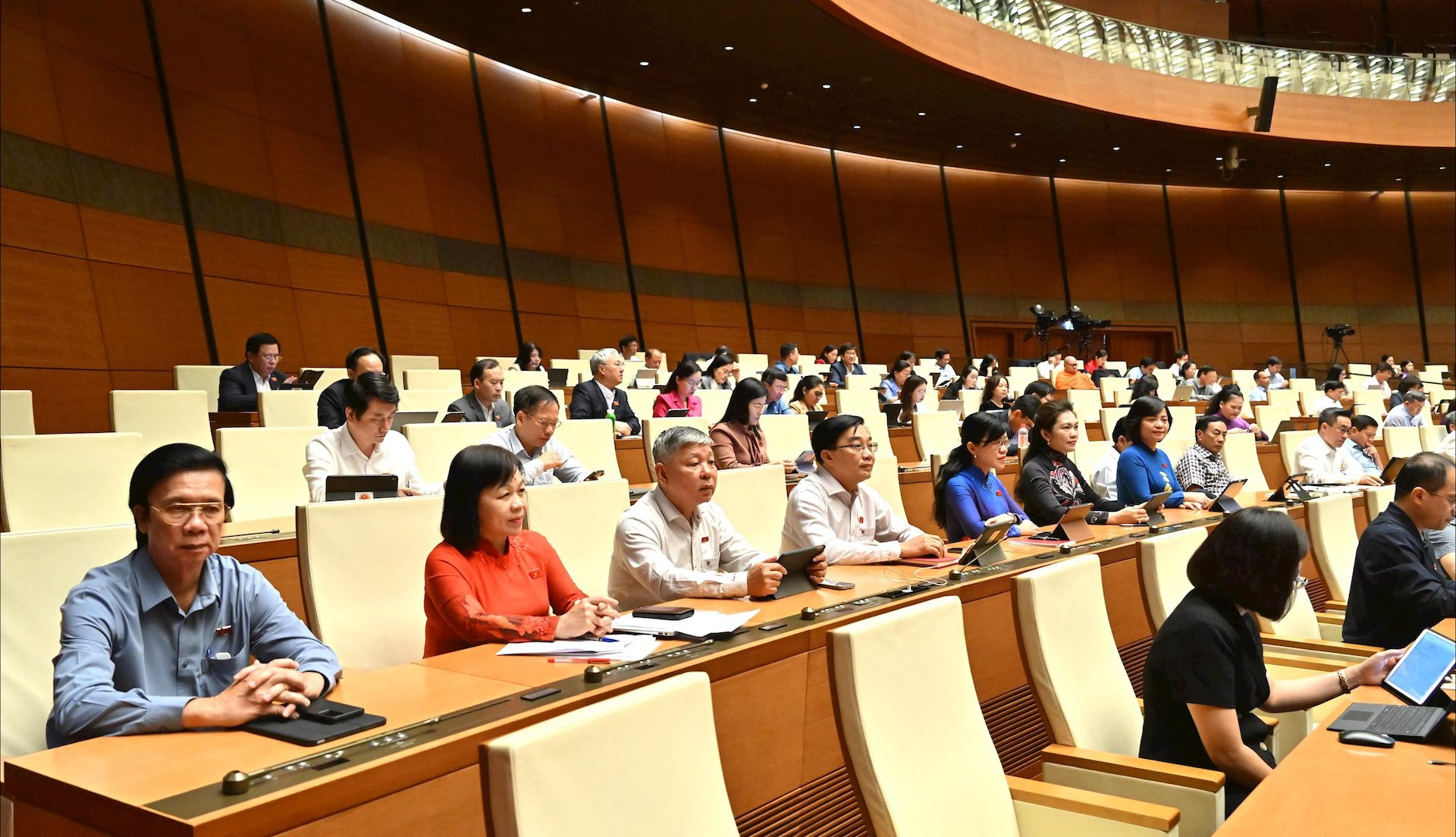
The National Assembly is expected to vote on the draft revised Press Law at this session. Photo: National Assembly
Discussing in the previous group, many delegates agreed with the need to amend the law in the context of the press and media strongly transforming towards digitalization.
Delegates from Ninh Binh and Quang Tri suggested that the Drafting Committee continue to study a number of regulations related to press economics; citizens' rights to print and distribute printed newspapers; the model of a key multimedia media agency; the rights, obligations and activities of reporters and editors who have not been granted press cards, etc.
In particular, delegate Hoang Duc Thang (Quang Tri delegation) requested the Drafting Committee to consider and supplement separate regulations on the model of a key multimedia media agency, and at the same time assign the Government to specify in detail the organization and operation of this model.
According to him, this is the first time this model has been applied in Vietnam. The separate provisions in the Law will create a complete legal basis, while ensuring flexibility when assigning detailed instructions to the Government, in accordance with the rapid development of multi-platform communication.
Delegate Tran Huu Hau (Tay Ninh delegation) was also interested in the regulation that "a key multimedia media agency is a press agency with many types of press and affiliated press agencies; has a specific financial mechanism; is established in accordance with the press system development and management strategy approved by the Prime Minister".
He suggested that some localities such as Ho Chi Minh City and Hanoi should be allowed to establish multimedia communication agencies, specifically media corporations, rather than press agencies and radio stations under a press agency.
"There should be more types of multimedia communication agencies in some strong provinces and cities with enough potential and they have complete autonomy," delegate Hau suggested.
Delegate Ta Thi Yen (Dien Bien delegation), Deputy Head of the Delegation Affairs Committee, commented on the regulation at Point C, Clause 2, Article 29: People who are granted a journalist card for the first time must "go through a training course on journalism skills and professional ethics" organized by the Ministry of Culture, Sports and Tourism in coordination with the Vietnam Journalists Association.
The female delegate said: "If we add a regulation requiring one to take a professional training and ethics course before being considered for a press card, it will invisibly create a new layer of administrative procedures, no different from a type of sub-license, causing costs, time and procedures for journalists."
This week, the National Assembly will vote to pass the Extradition Law, the Transfer of Prisoners Law, the Law on Mutual Legal Assistance in Civil Matters, and the Law on Mutual Legal Assistance in Criminal Matters.
In addition, delegates will spend most of their time discussing in the hall important contents such as: the draft Law amending and supplementing a number of articles of the Law on Intellectual Property; the draft Law on Press (amended); the draft Law on Drug Prevention and Control (amended); the draft Law amending and supplementing a number of articles of the Law on International Treaties; the draft Law on Investment (amended); the draft Law on Artificial Intelligence; the draft Law on Planning (amended); the draft Law amending and supplementing a number of articles of the Law on Urban and Rural Planning; the draft Law on National Reserves (amended).
The National Assembly also discussed the draft Resolution of the National Assembly on a number of specific mechanisms and policies to improve the effectiveness of international integration work.
In addition, delegates will listen to presentations, review reports and discuss the draft Law on Specialized Courts at the International Financial Center; investment policies for the National Target Program on Modernization and Improvement of Education and Training Quality for the 2026-2035 period; and investment policies for the National Target Program on Health Care, Population and Development for the 2026-2035 period.
Vietnamnet.vn
Source: https://vietnamnet.vn/quoc-hoi-ban-chuyen-phat-trien-bao-chi-trong-boi-canh-tinh-gon-bo-may-2465635.html






![[Photo] Next to the "mountain of trash" after the flood, Tuy Hoa residents strive to rebuild their lives](/_next/image?url=https%3A%2F%2Fvphoto.vietnam.vn%2Fthumb%2F1200x675%2Fvietnam%2Fresource%2FIMAGE%2F2025%2F11%2F24%2F1763951389752_image-1-jpg.webp&w=3840&q=75)

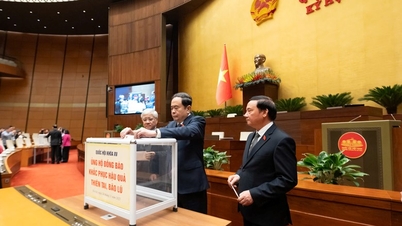

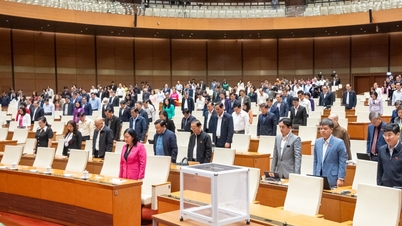

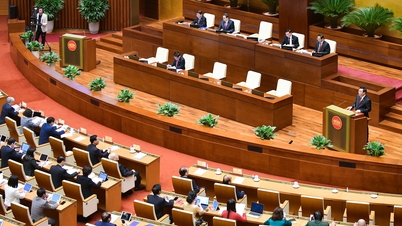

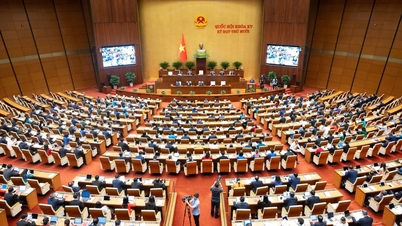
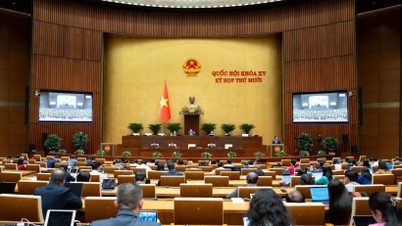



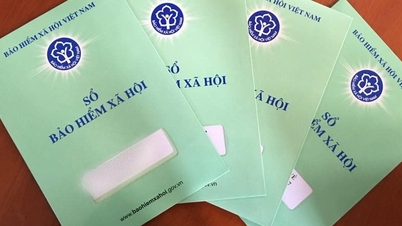
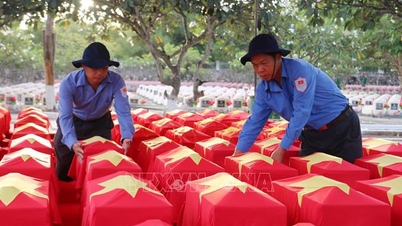
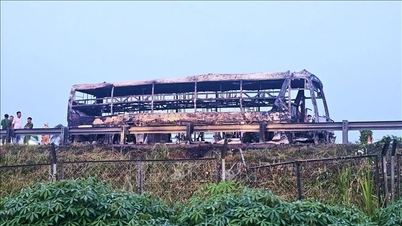
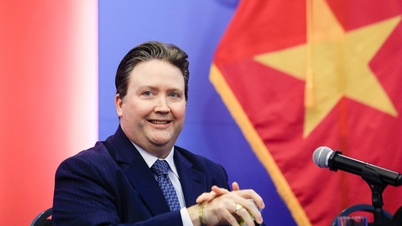

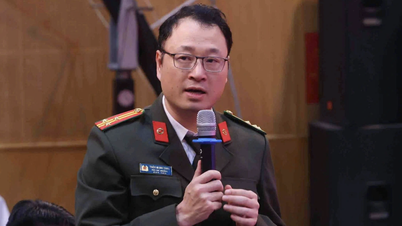







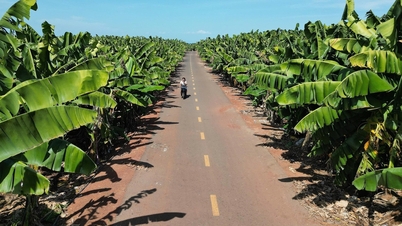
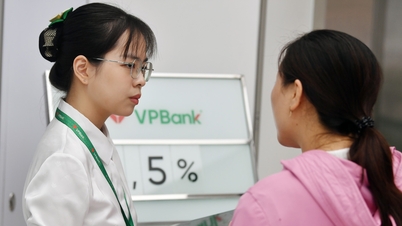

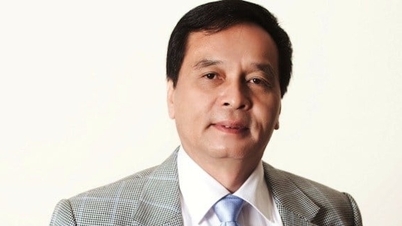





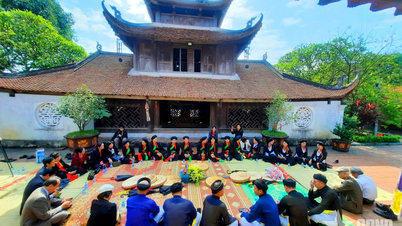

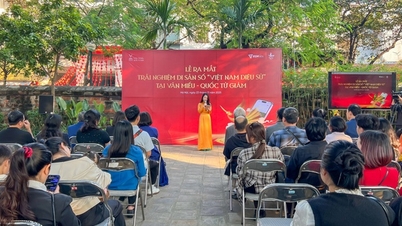

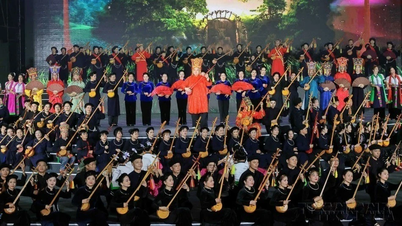



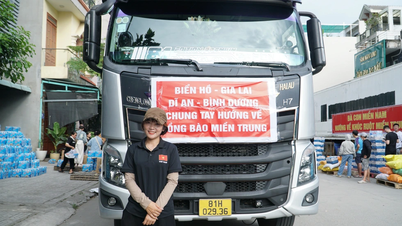
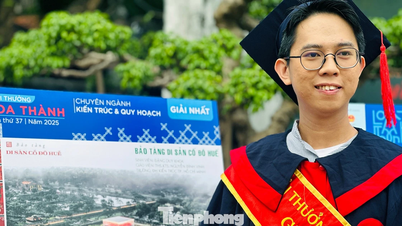

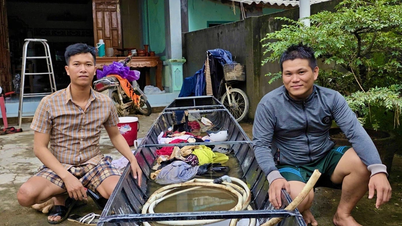




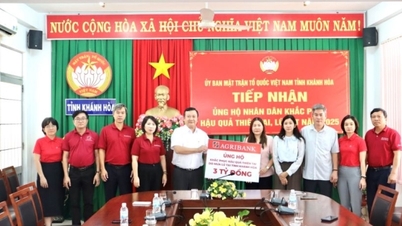

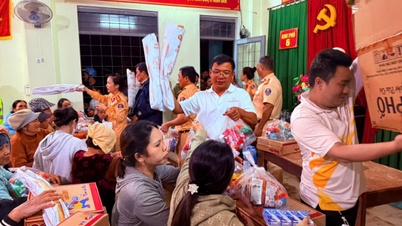

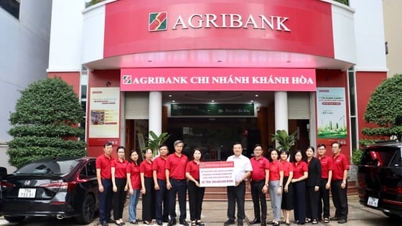







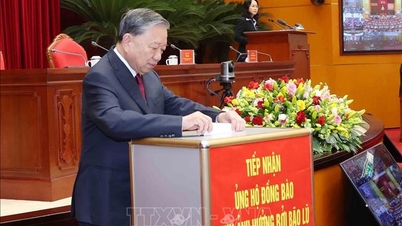
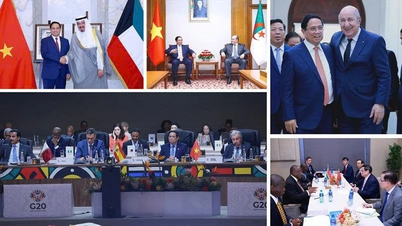
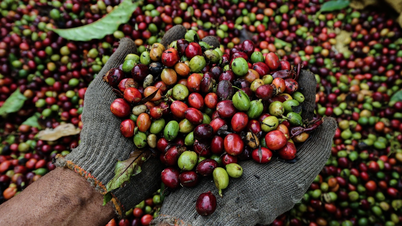

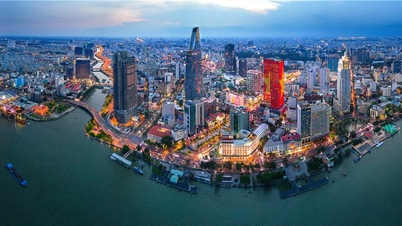

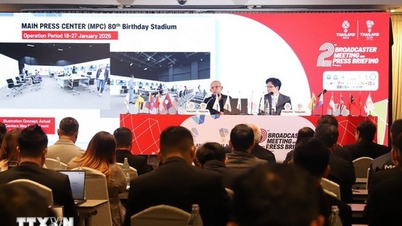
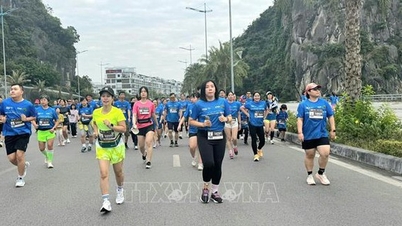
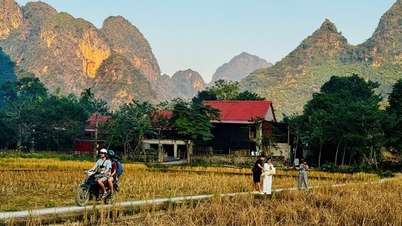
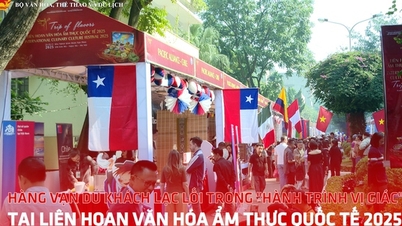

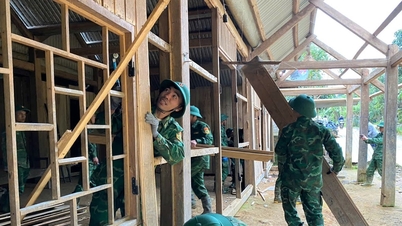

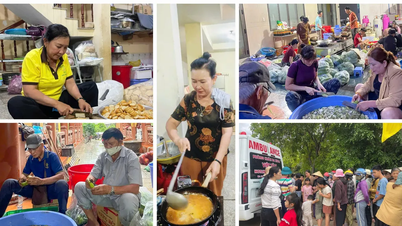

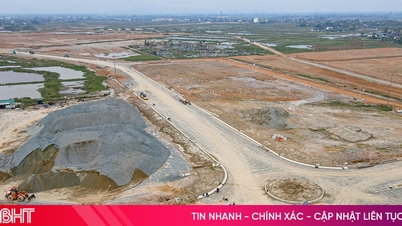

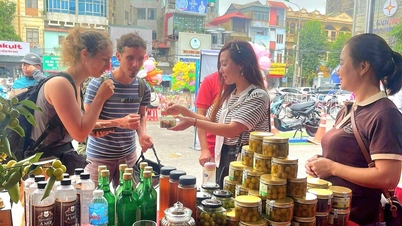



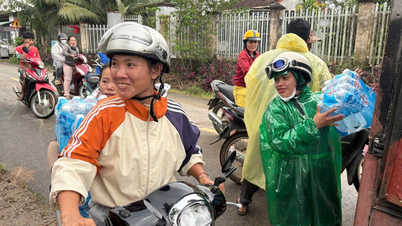















Comment (0)